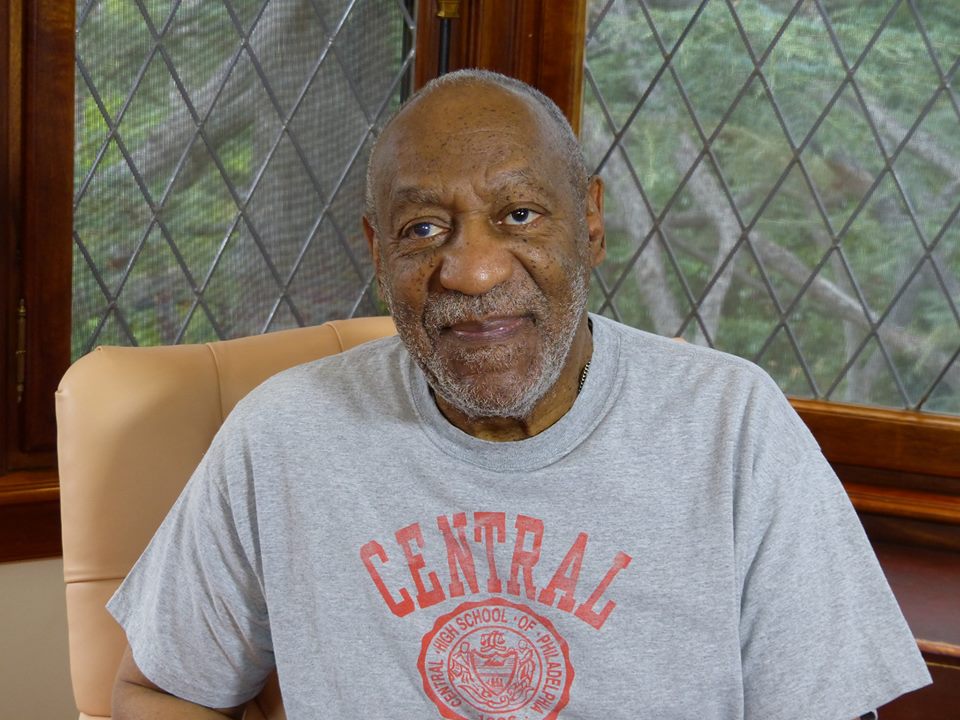UNITED STATES—Fallen celebrity status can be a gradual, torturous route to ignominy because it’s not easy for the most fervent of fans to relinquish their devotion to their worshiped idols.
Hearing seemingly authentic accusations doesn’t immediately switch off the support of our heroes, because it would then require us to also switch off the belief in ourselves. How could we have been so gullible, so easily duped? So it’s understandable that our initial response would be to just dismiss the allegations hurled at those to whom we have given years of allegiance. This response achieves two things: it keeps intact the reputations of both our heroes and ourselves, but as evidence creepily mounts against those whom we so ardently support, we can find ourselves gradually renouncing the hold they had on us.
Bill Cosby is one whose stellar reputation evaporated. Over a decade ago, 90 percent of Americans had a favorable view of him; that number plummeted to only 45 percent several years ago as accusations of his sexual assaults became public. Now, he is only supported by 34 percent. Slowly, but inexorably, people sadly and grudgingly had to admit that they could no longer be considered one of his fans.
Yet, he still has his intractable defenders and we can only guess why. It’s understandable that accepting his fall from grace leaves us wondering what kind of judgment we had in believing this guy was ever the moral leader he presented himself to be and how naïve we were to see him as ‘America’s Dad.’ Therefore, believing his guilt would mean acknowledging our own failure in better discerning good from evil. And for some of us, our inability to see was worse than his vile behavior.
Michael Jackson is another example of what we do when the public persona of a revered icon is exposed to be someone who was actually a sexual predator. With MJ, as with Bill Cosby, we are forced to come to grips with the opposing forces of our adoration of him against all of what his accusers say. The recently aired “Leaving Neverland” documentary forces his fans once again to reconcile what they greatly admire with what they now know.
Amanda Petrusich wrote that we have to hold two contradictory, but equally imperative ideas: that victims should be believed and that the accused are innocent until proven guilty. Do we protect the accusers or do we protect our criminal justice system? As Petrusich says, to believe the accusers would mean that when hearing Jackson’s songs, we’d have to reverse our hardwired reactions of joy into disgust. But is it possible to separate him from his undeniably enjoyable music?
Disconnecting the ties that bind us to his enormous talent will take more time to see what this documentary does to change MJ fans into reluctant believers of the accusers. Many can no longer bear to watch “The Cosby Show.” Will Jackson fans someday find it too repulsive to listen to his music?
And so it is with Donald Trump that we may someday witness his seemingly inevitable slide into dishonor as the net widens around him and the law slowly closes in on him. It’s possible that his fiercest loyalists are waiting for incontrovertible evidence followed by convictions that might finally release the grip that Trump holds over them, just as they have done with Bill Cosby and likely Michael Jackson. Although about half of us believe our justice system has already proven Mr. Trump’s guilt and the other half is certain of his innocence, the reality is that it has not yet done either.
If Trump should follow the path of Cosby, it will be interesting to see if the president’s supporters come to revise their judgment of him as they did for America’s Dad.
Written By Jill Chapin






